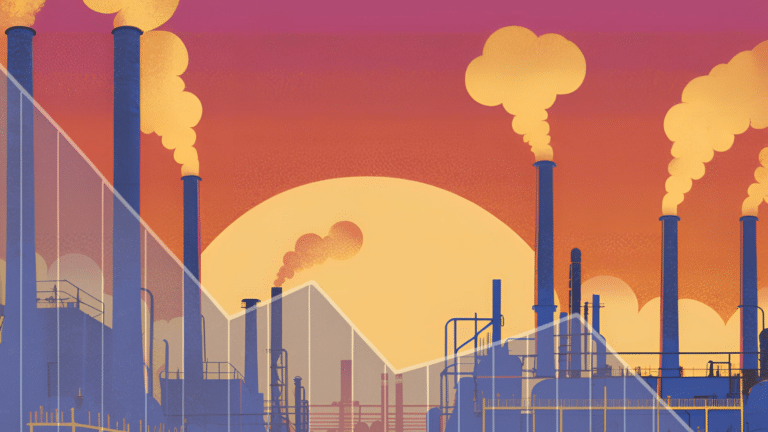In June, Colombia elected a new president: Gustavo Petro.
Petro is pushing major reforms in this oil-exporting country. He promised to cut Colombia’s reliance on selling oil and extracting raw materials, while also ramping up climate targets. Will Colombia become the first oil exporter to ban new production?
Petro’s win is part of a broader progressive shift in Latin America around climate and energy. How will recent political developments in Colombia and other Latin American countries affect the future of oil and mining on the continent, and what do these shifts mean for the clean energy transition?
This week, host Bill Loveless sits down with Dr. Mauricio Cárdenas, a visiting senior research scholar at the Center on Global Energy Policy.
As Colombia’s finance minister between 2012 and 2018, Dr. Cárdenas served during an oil shock that led to a 40% reduction in Colombia’s exports.
Mauricio and Bill discussed whether the incoming Colombian president can deliver on his campaign promises. They also explore the state of energy and climate policy across Latin America.










